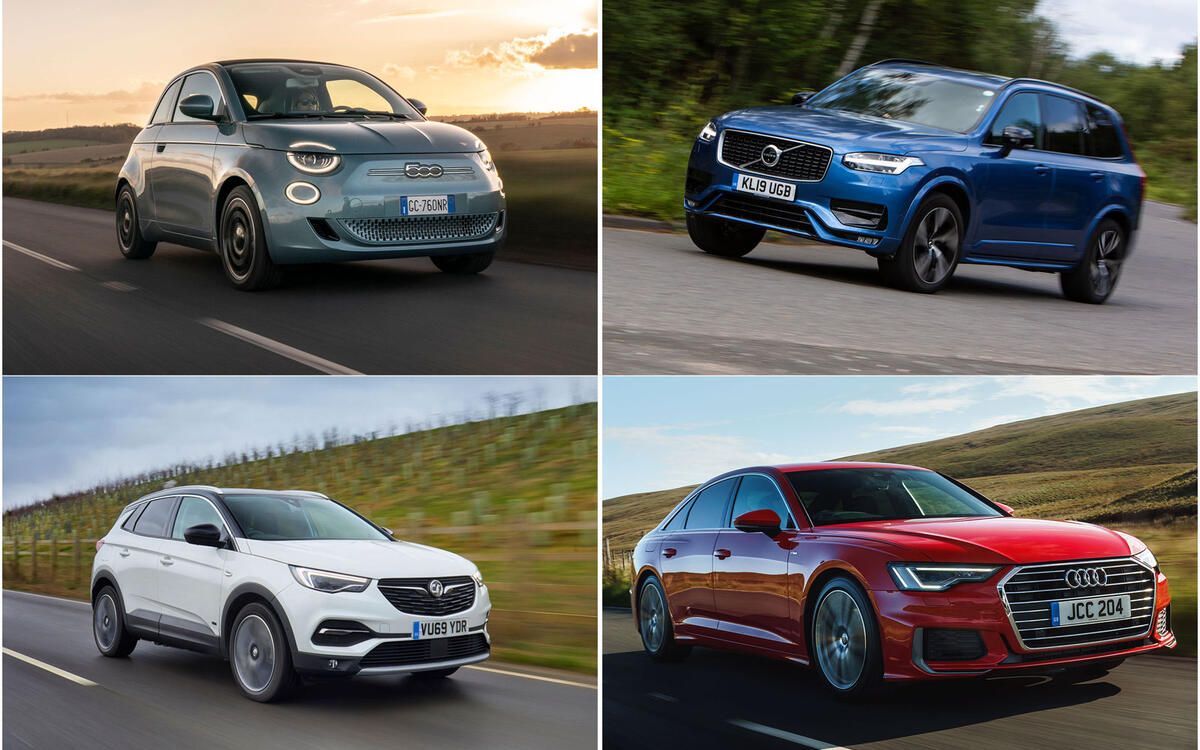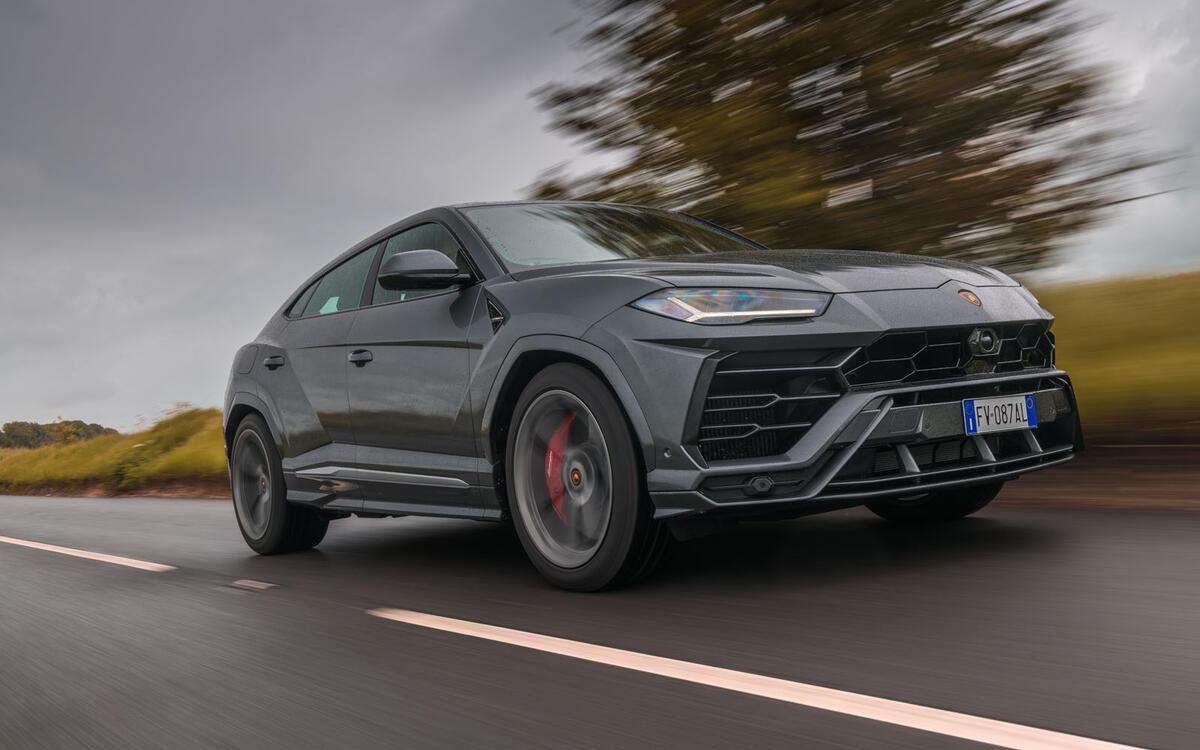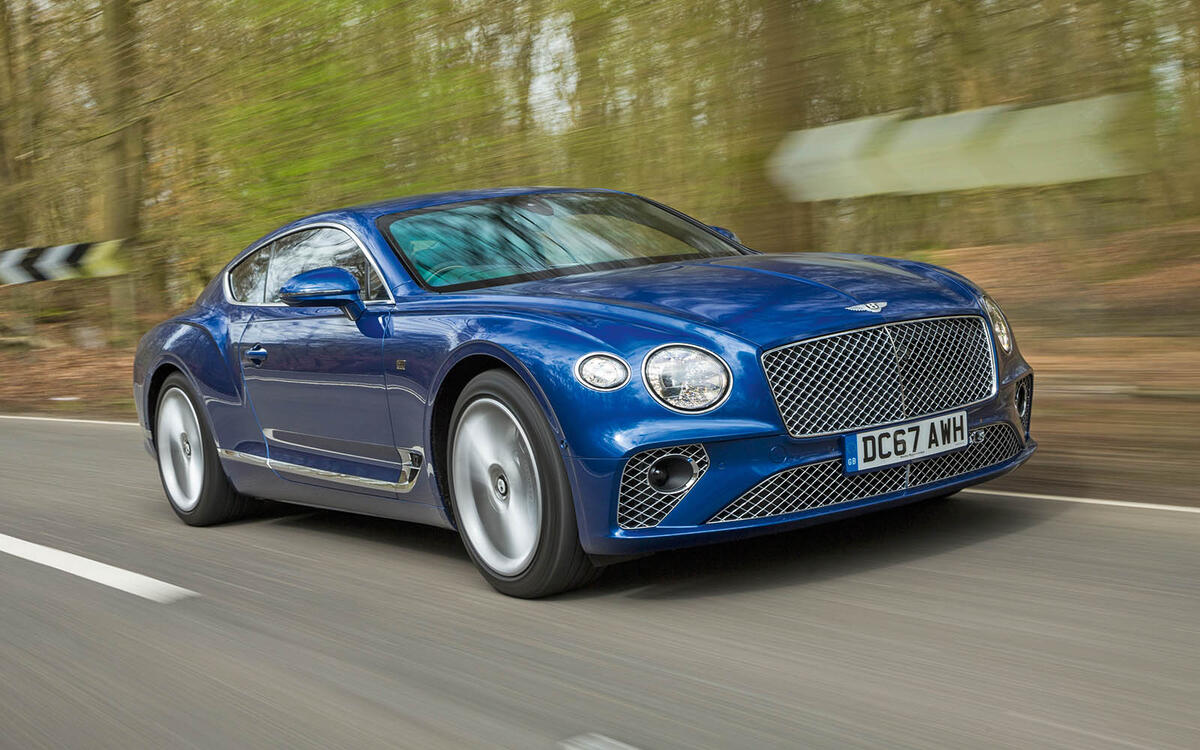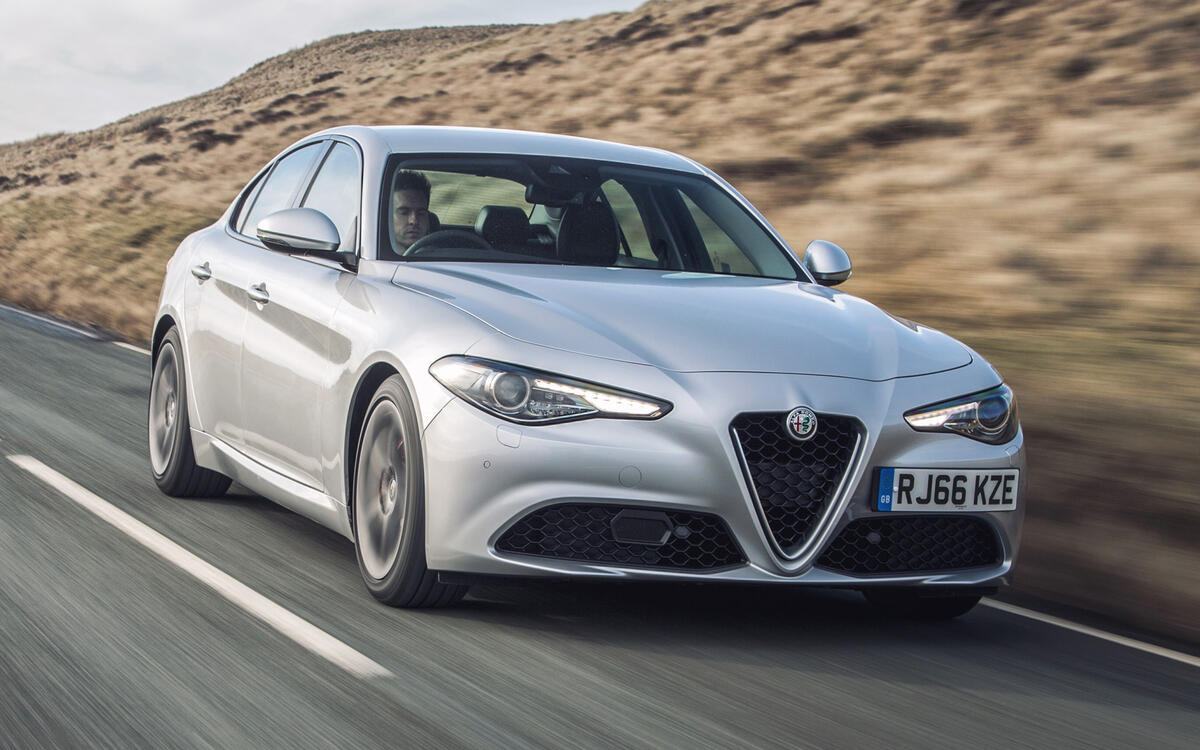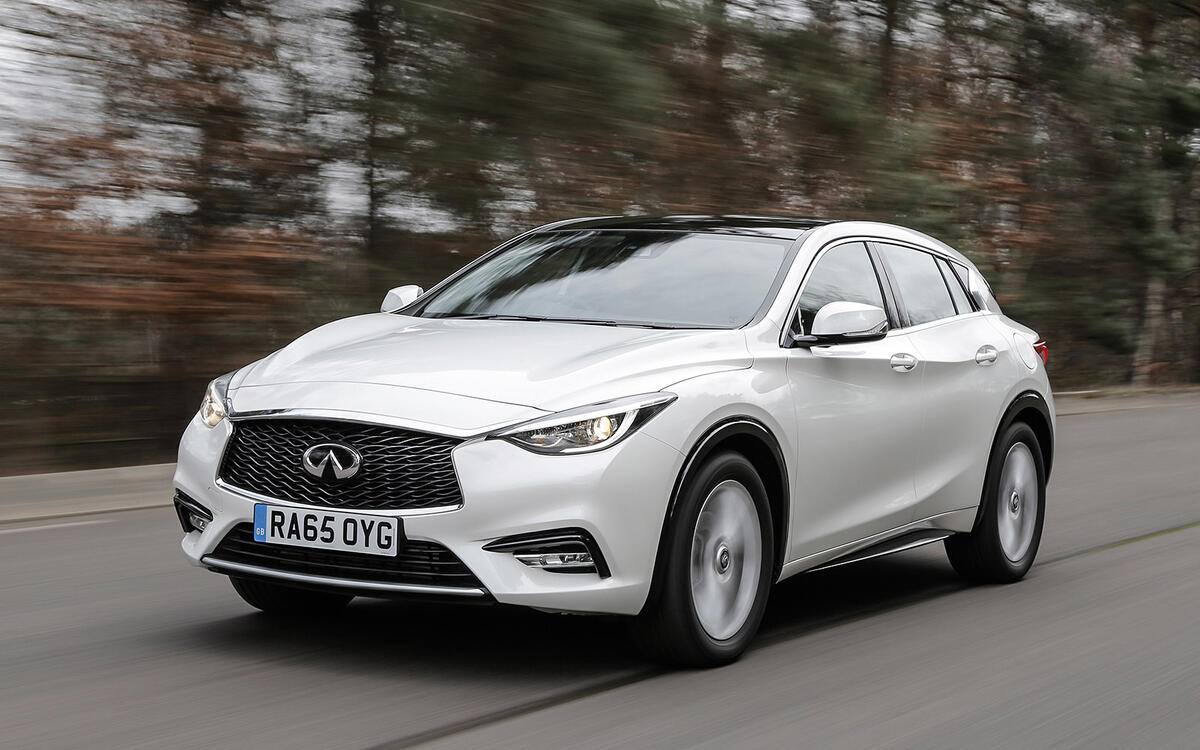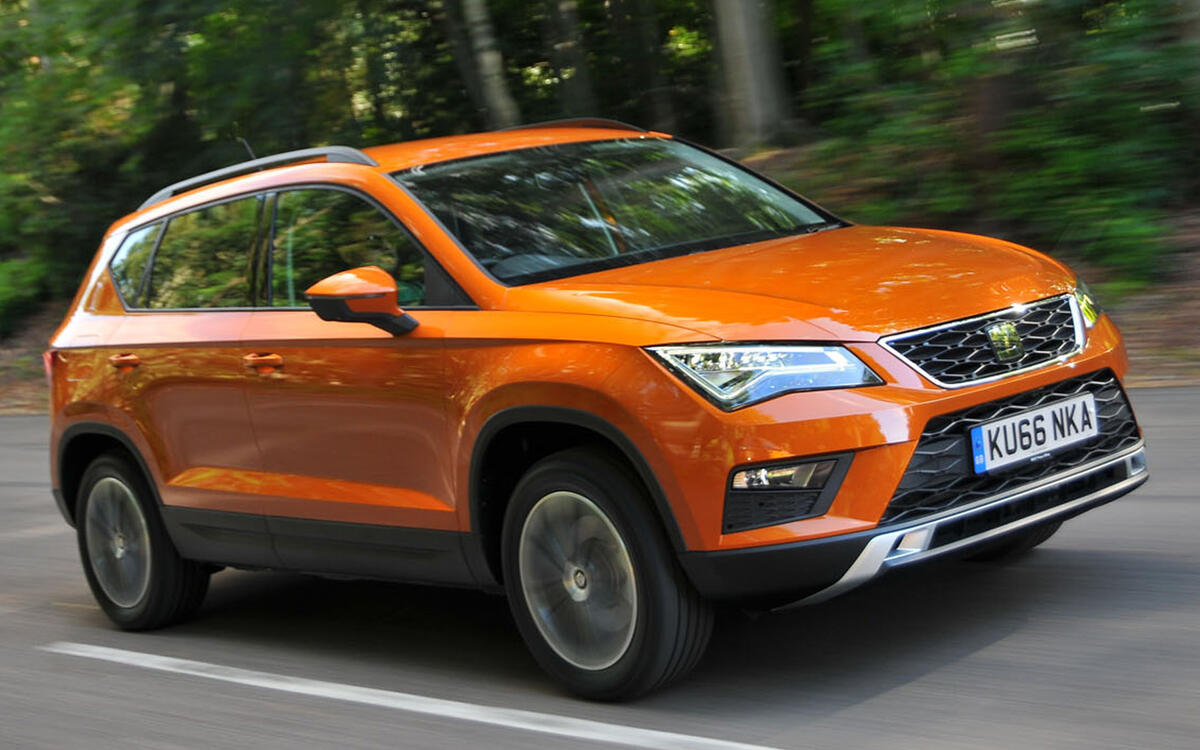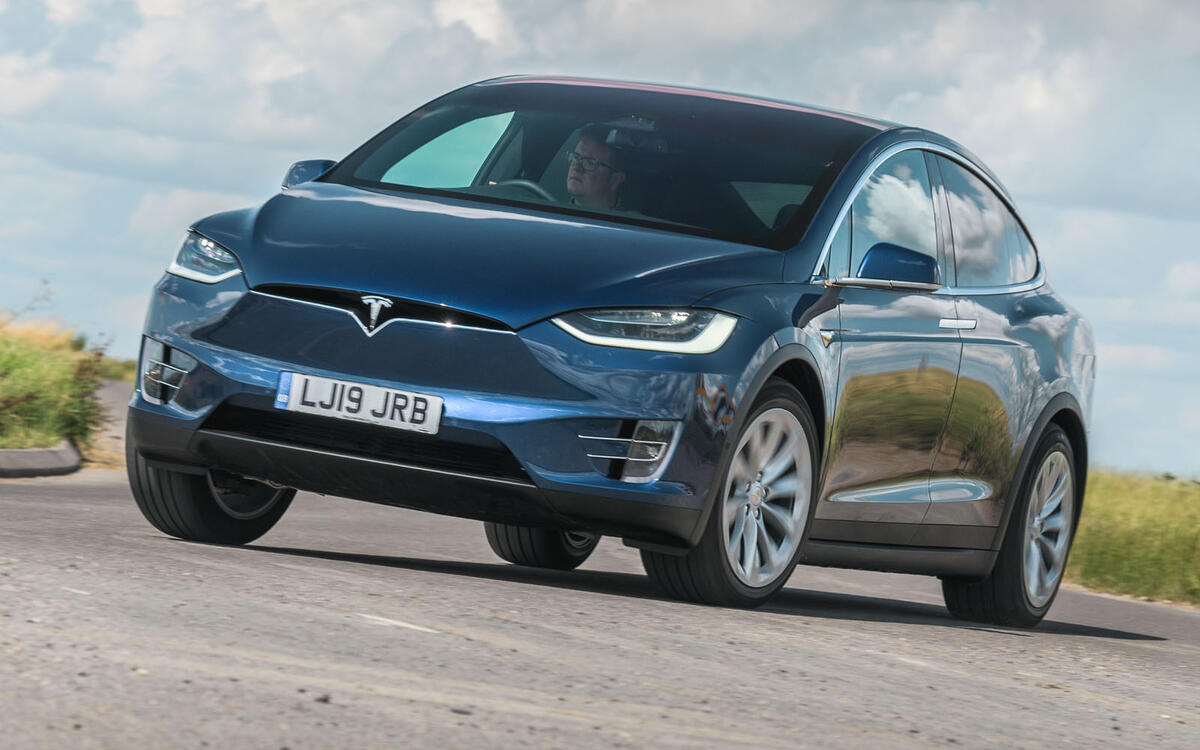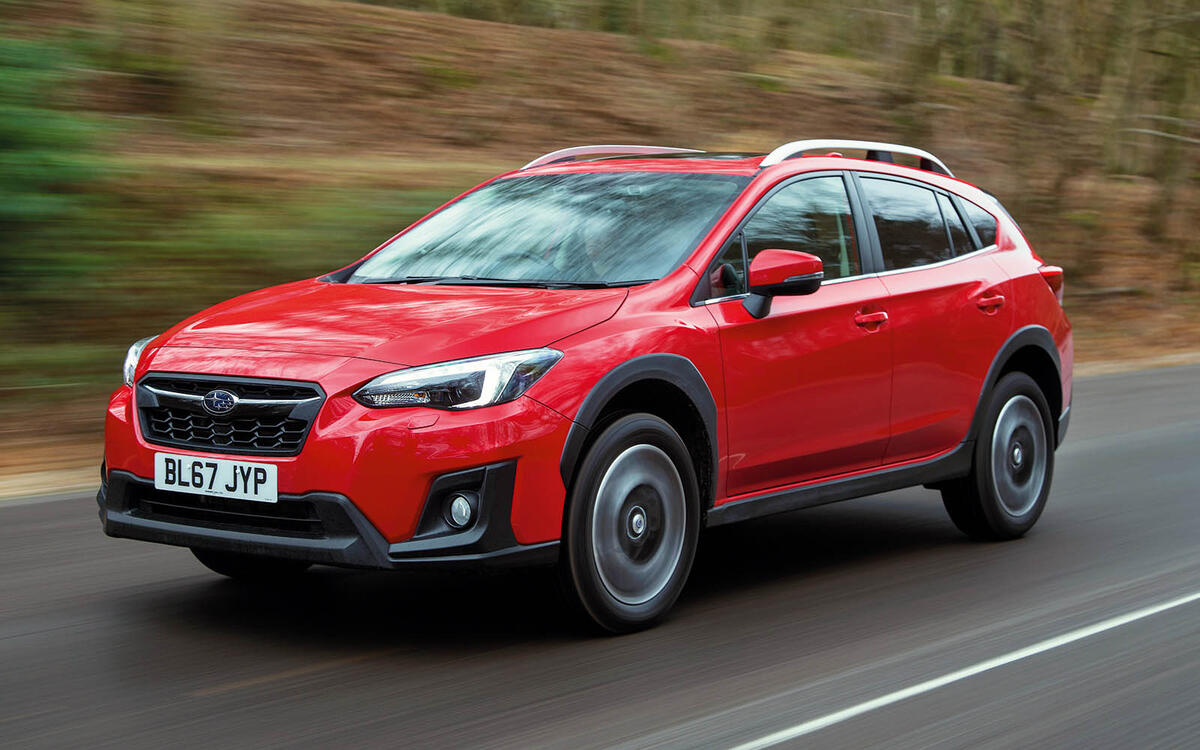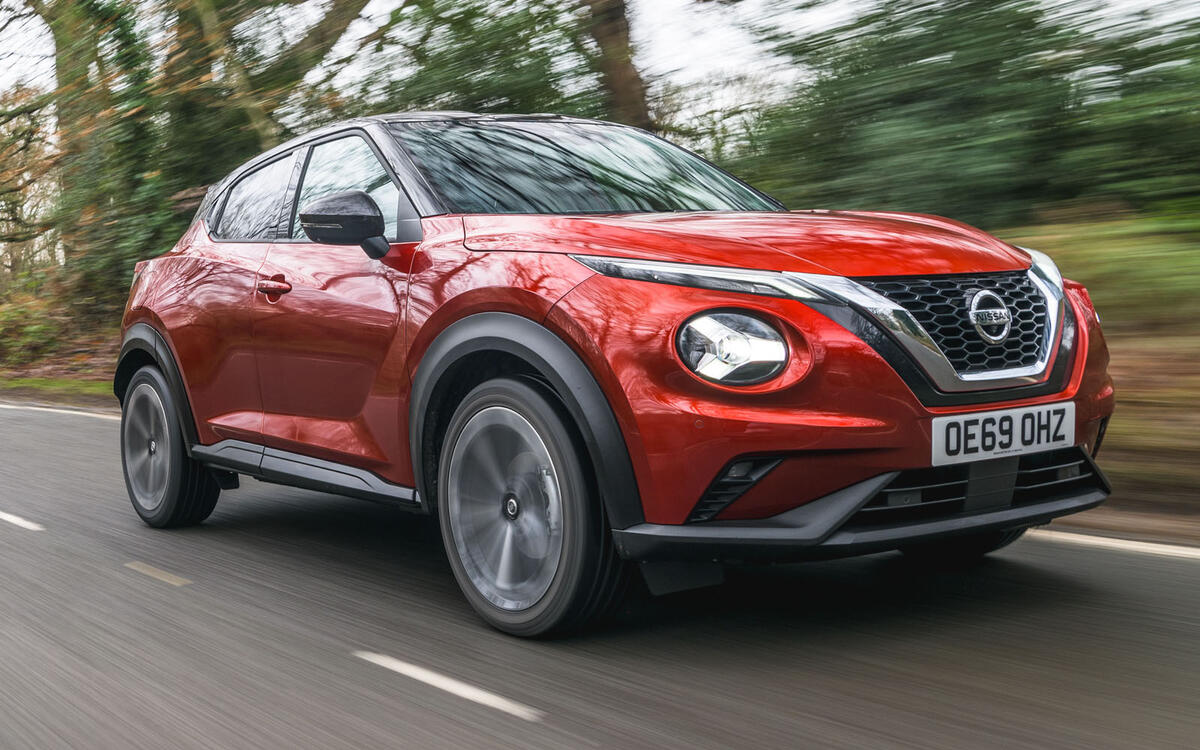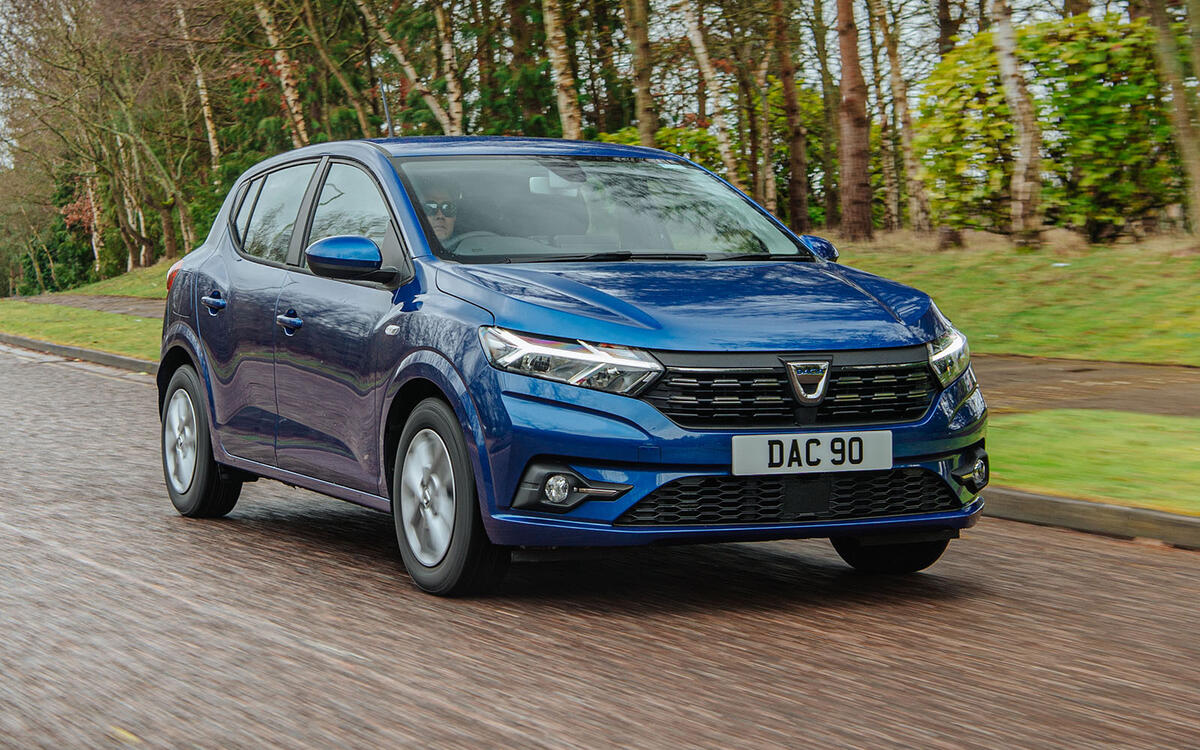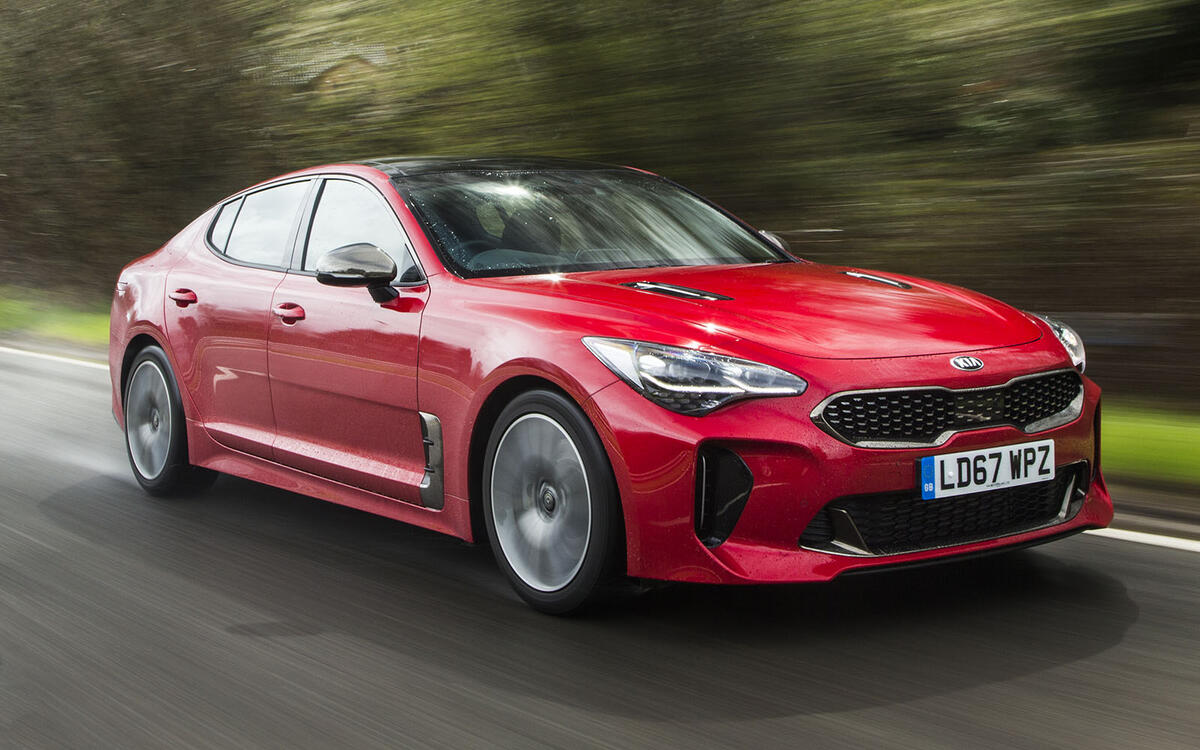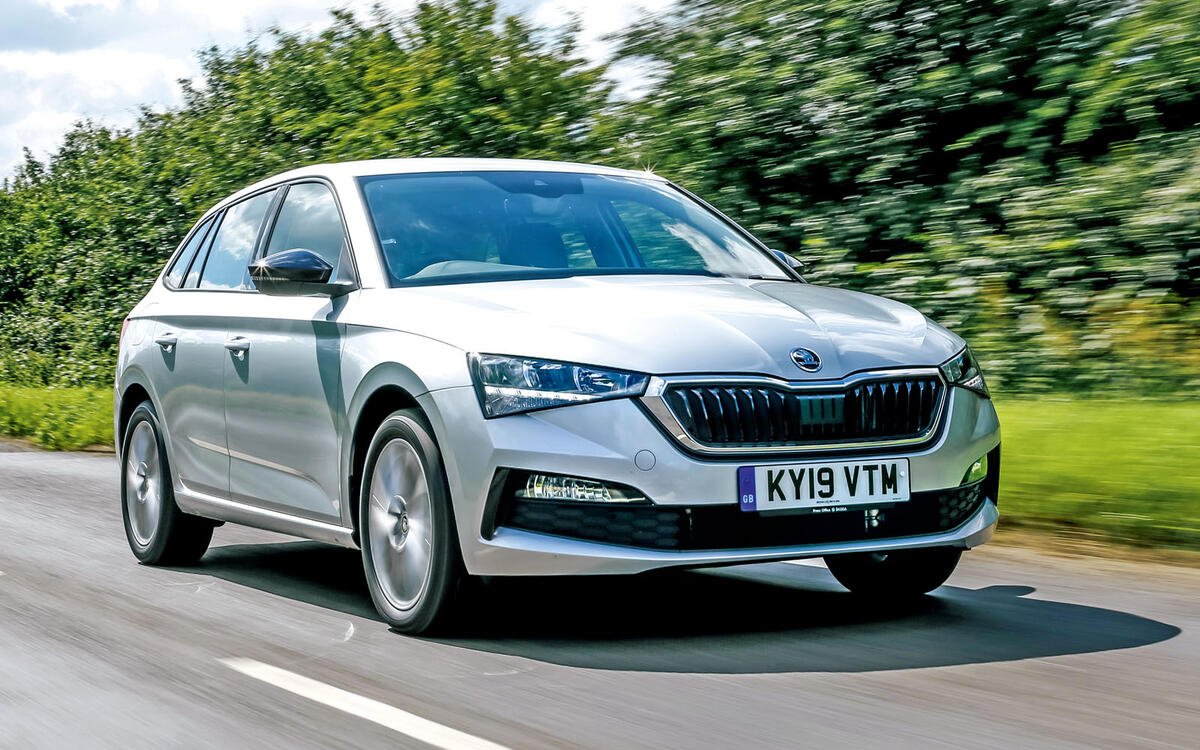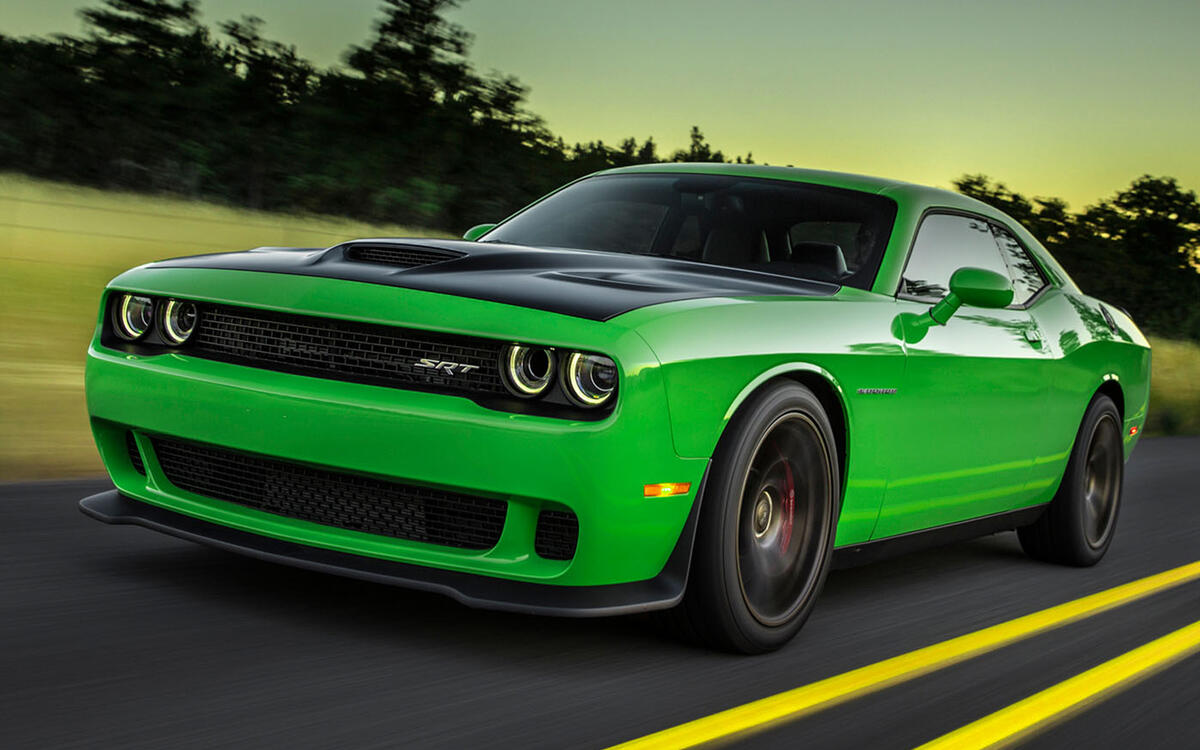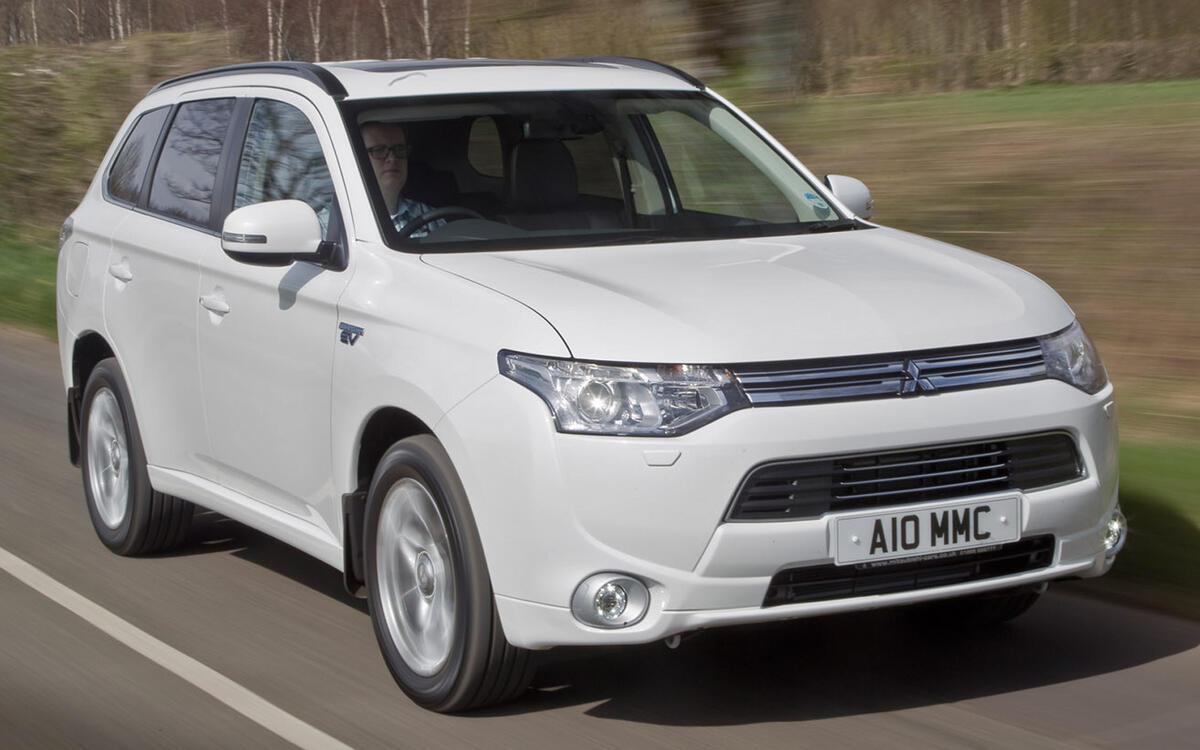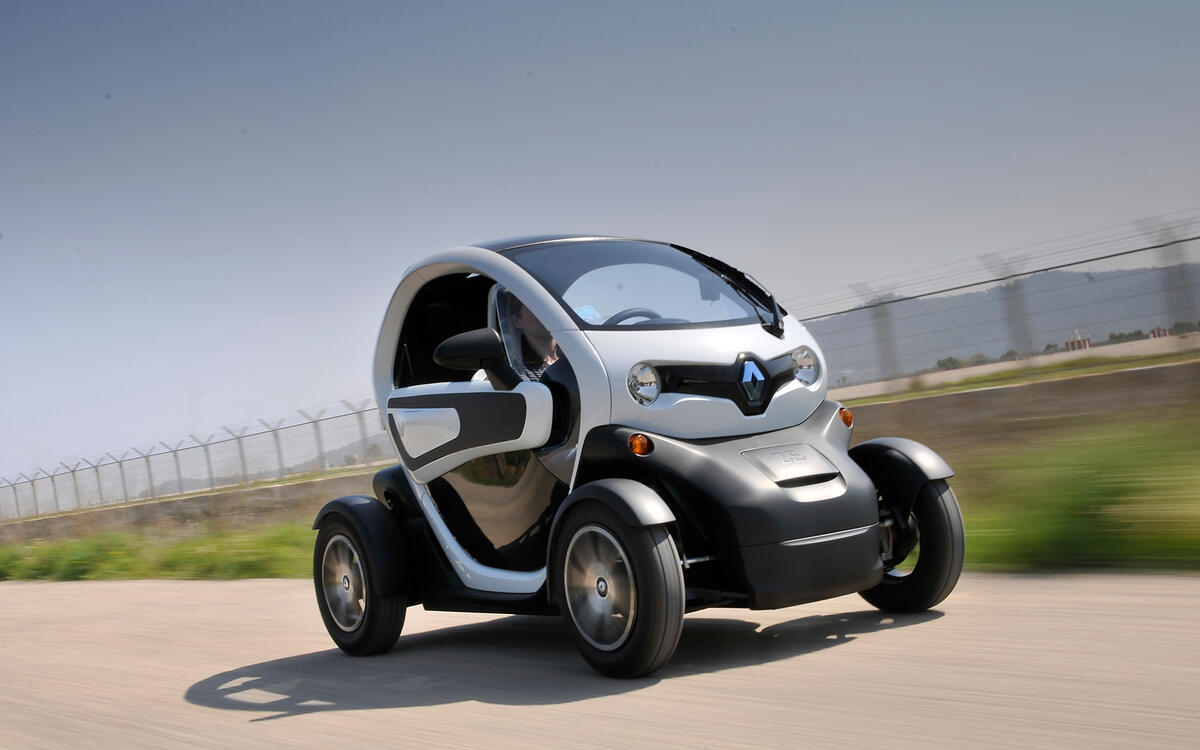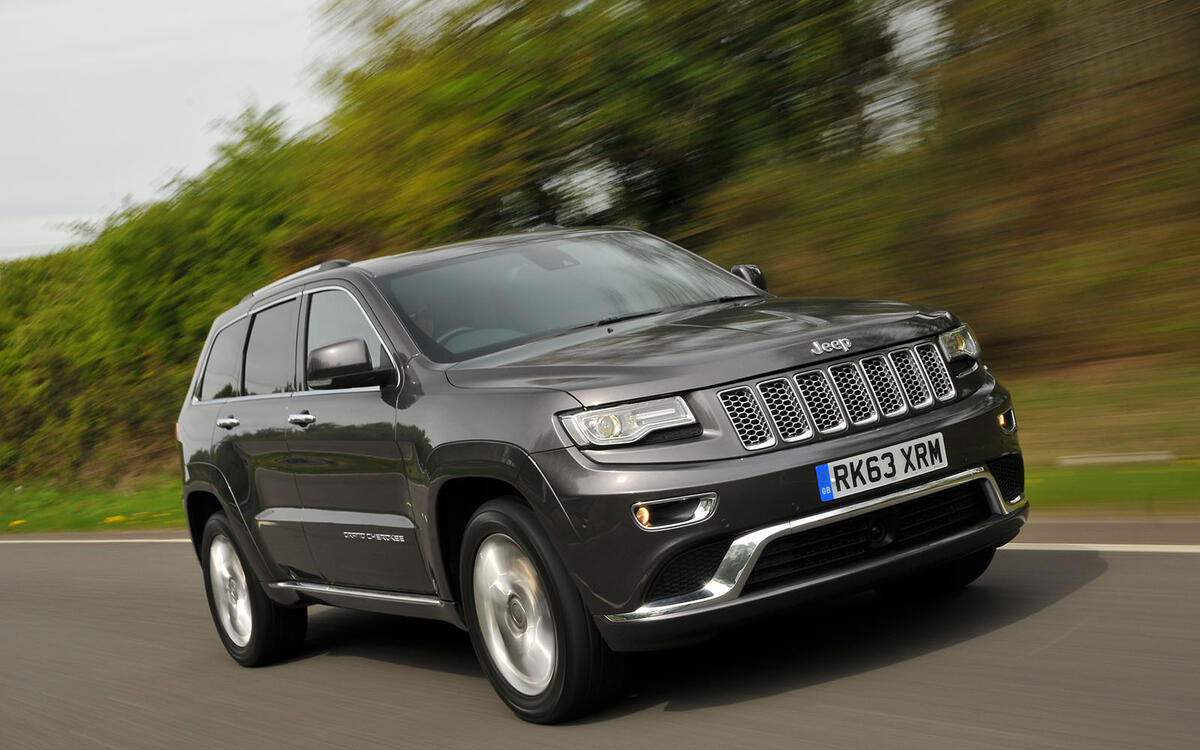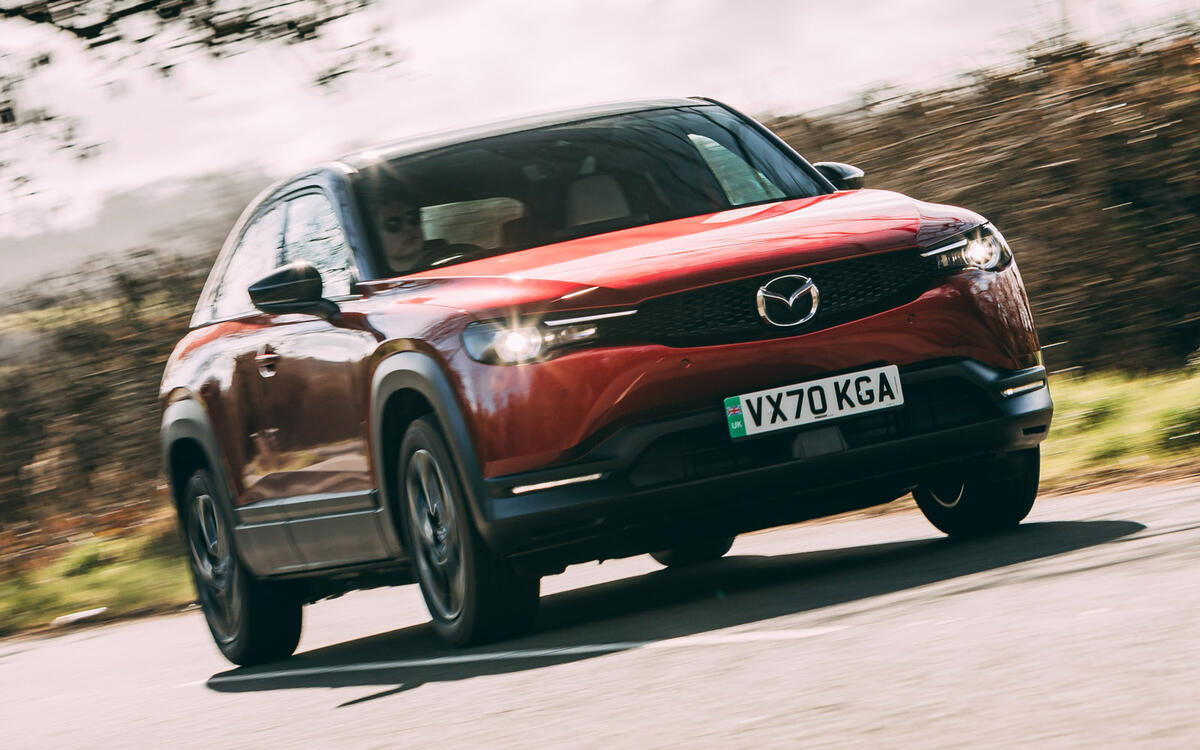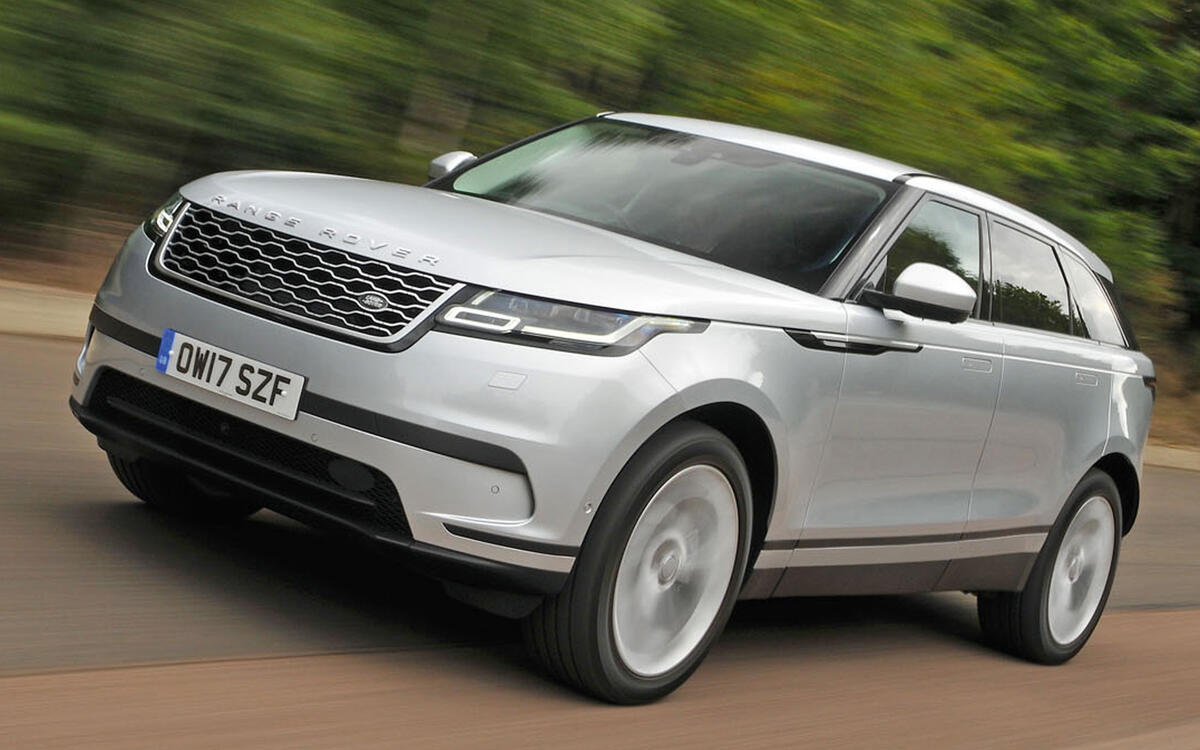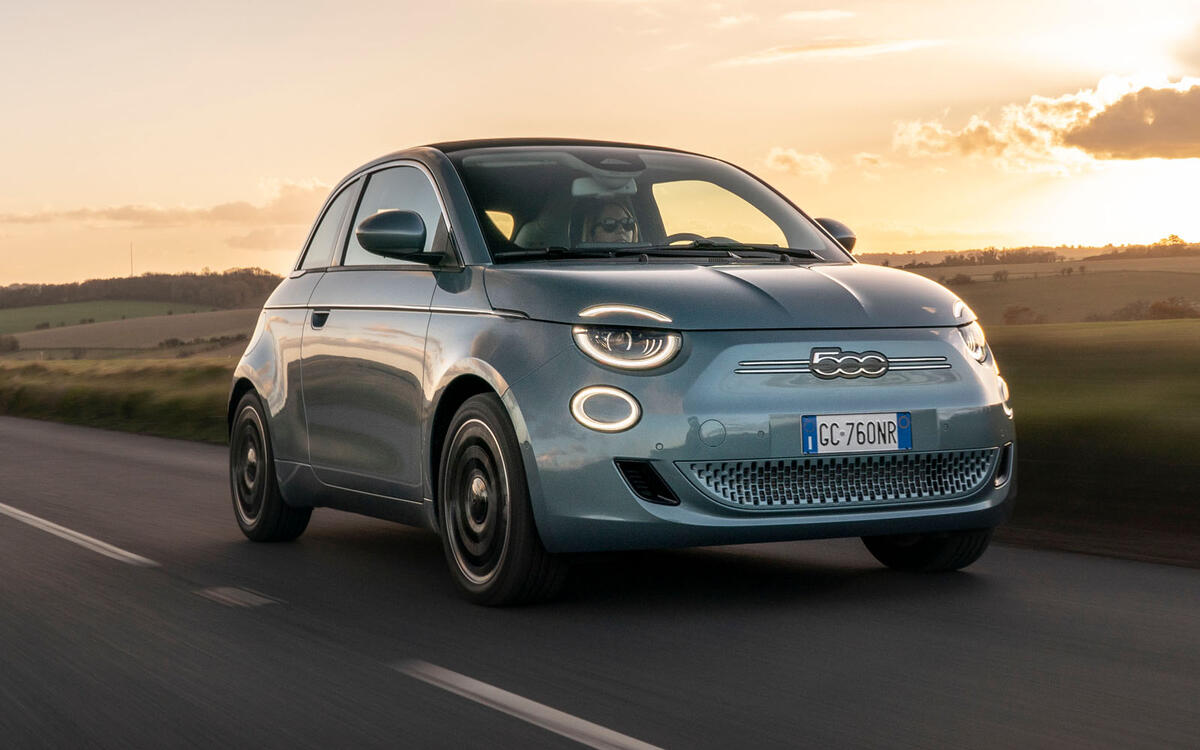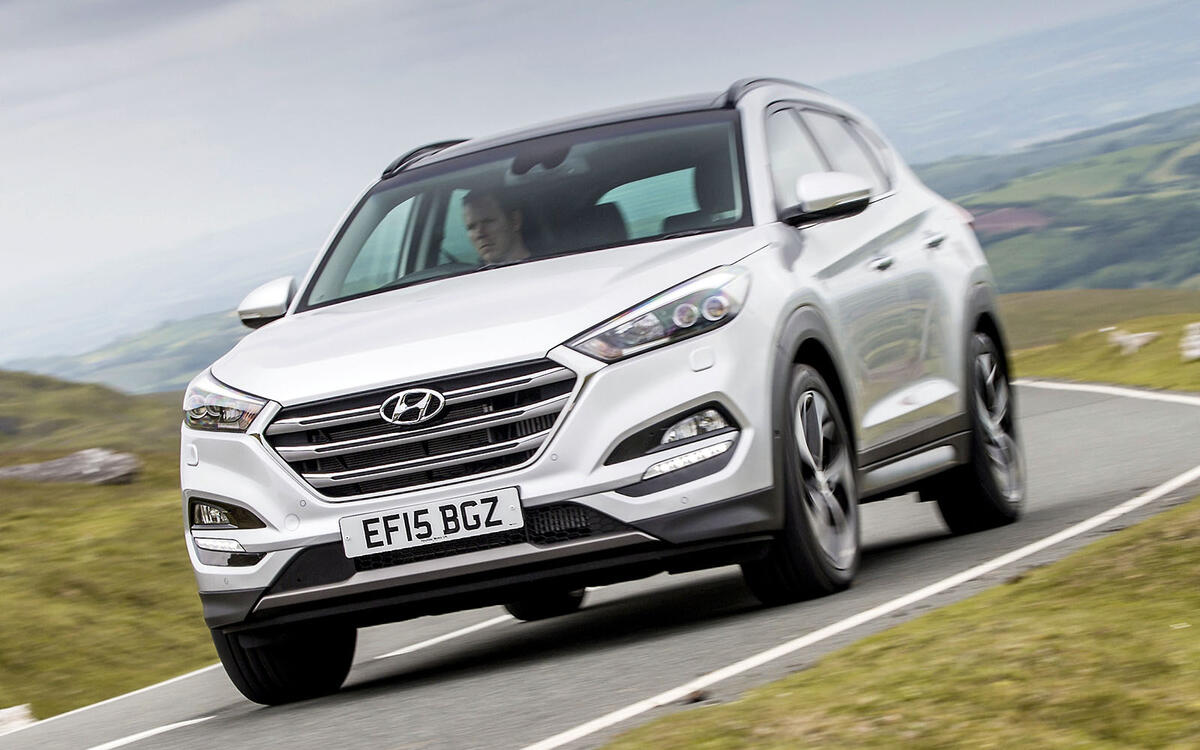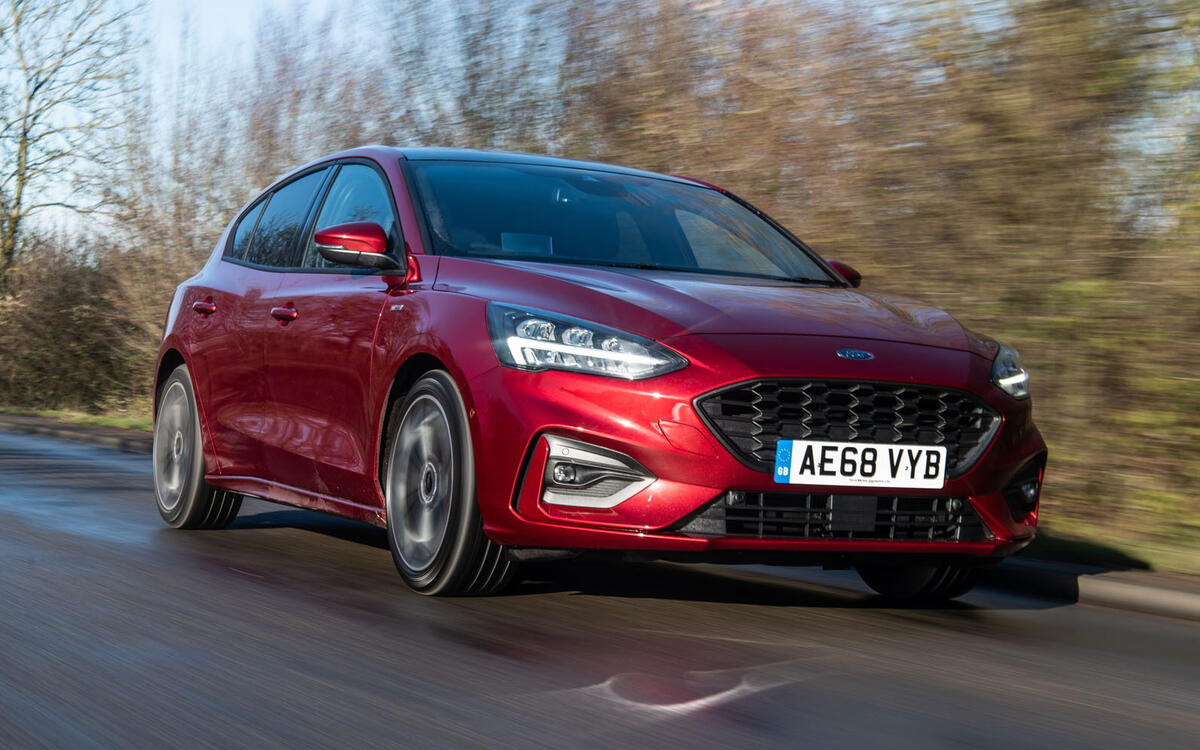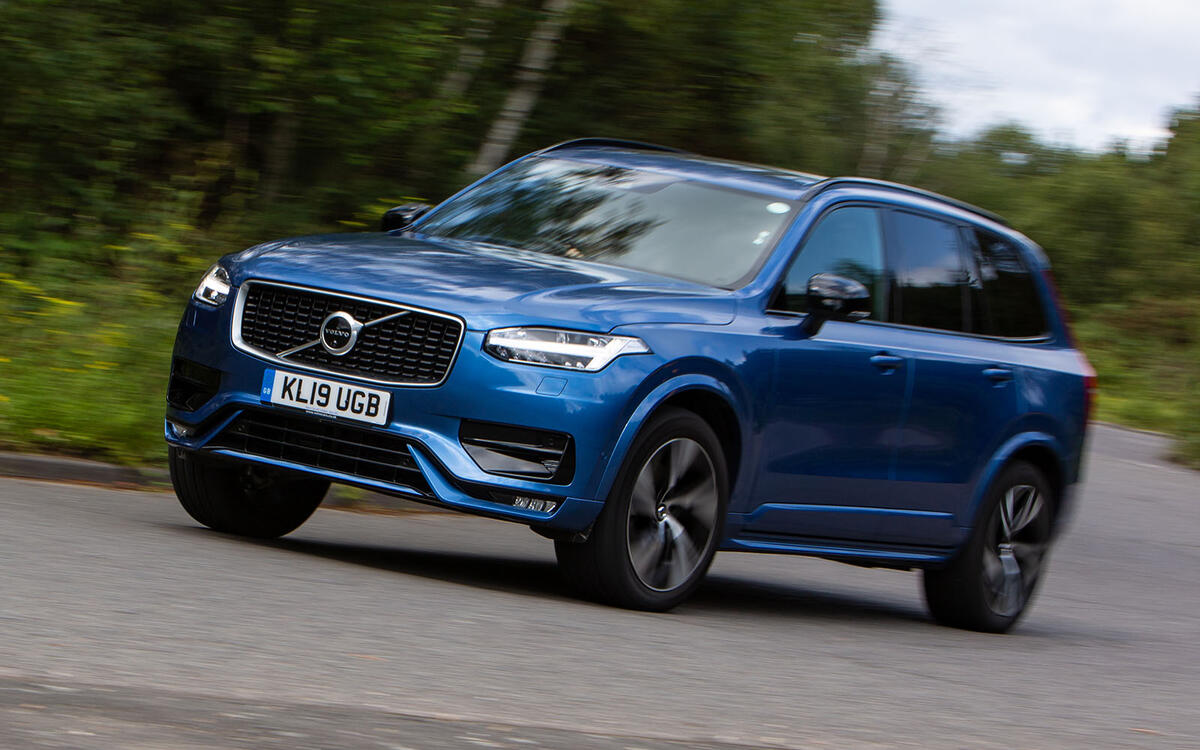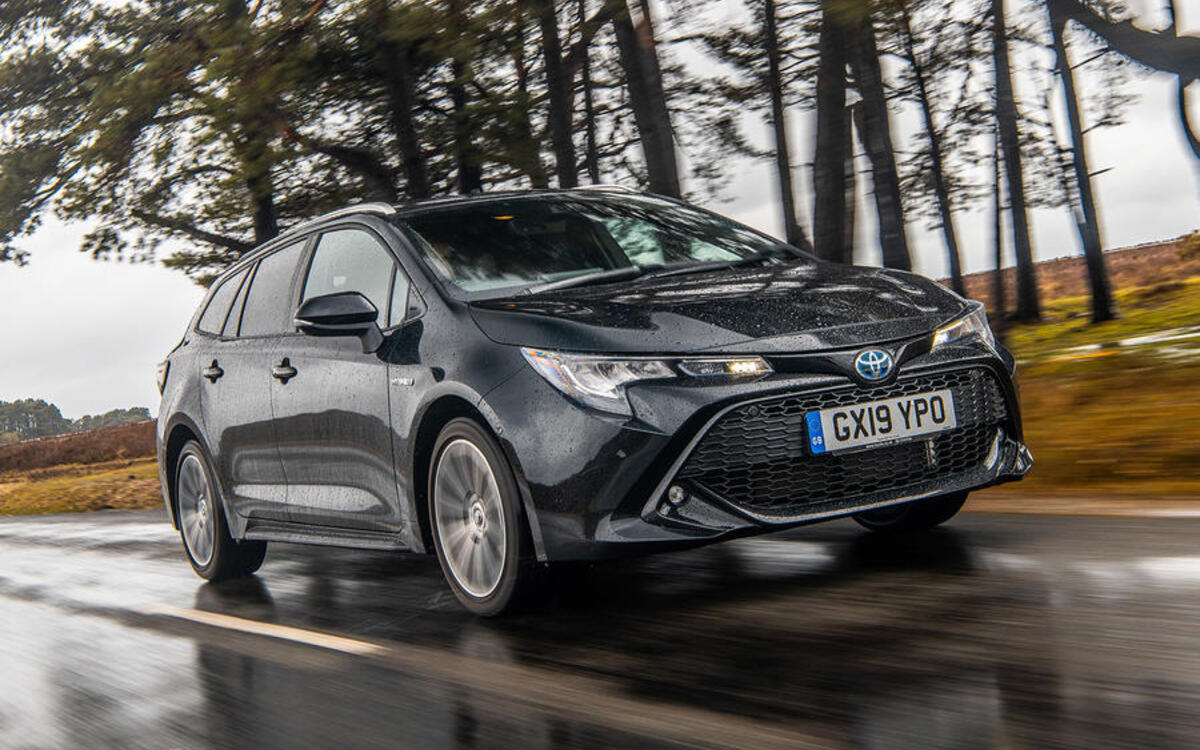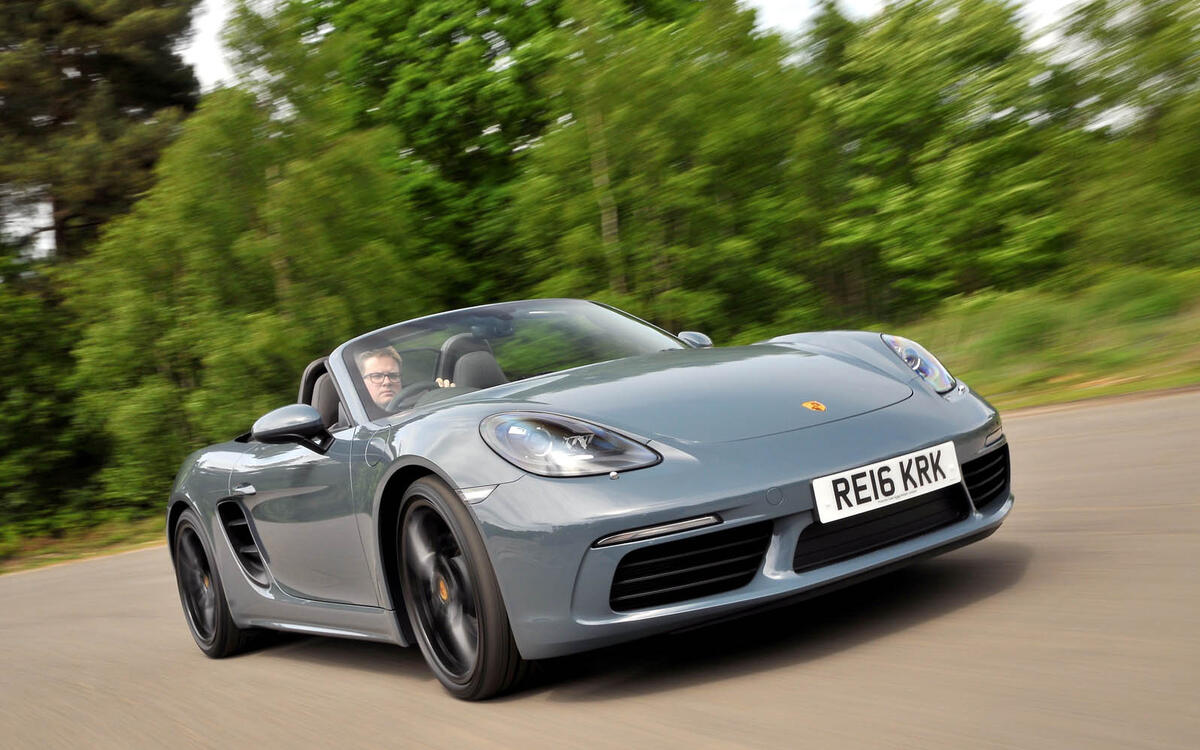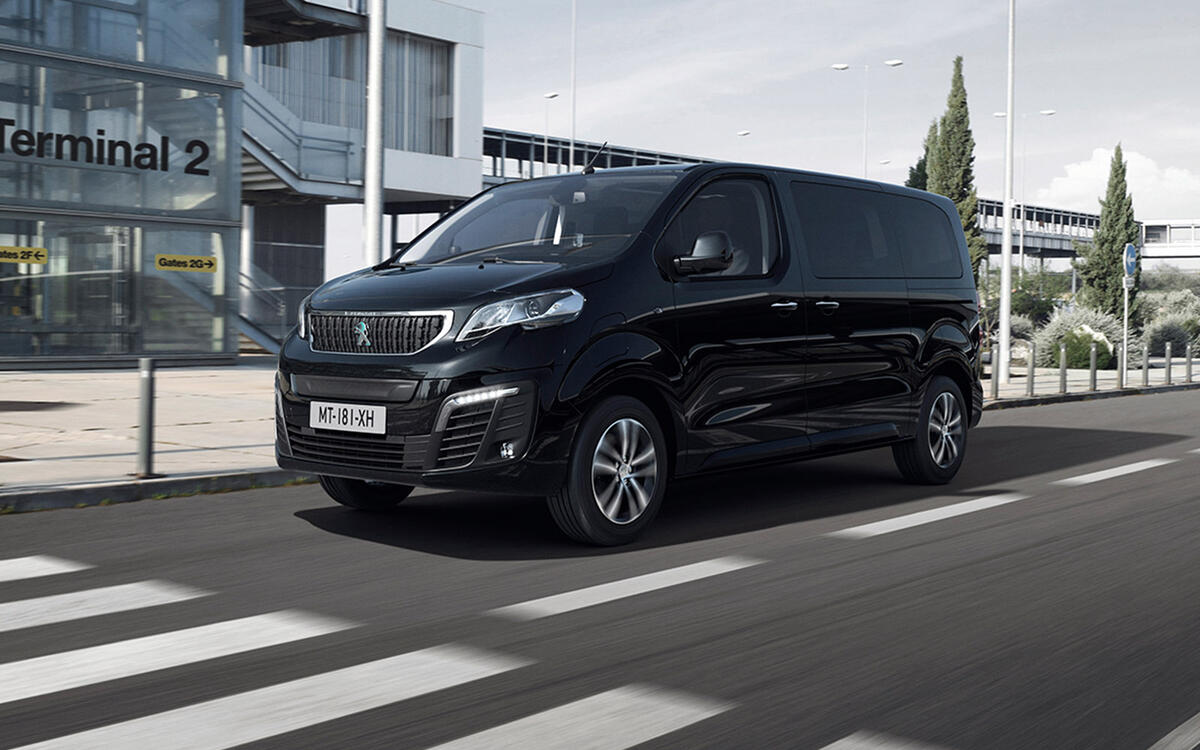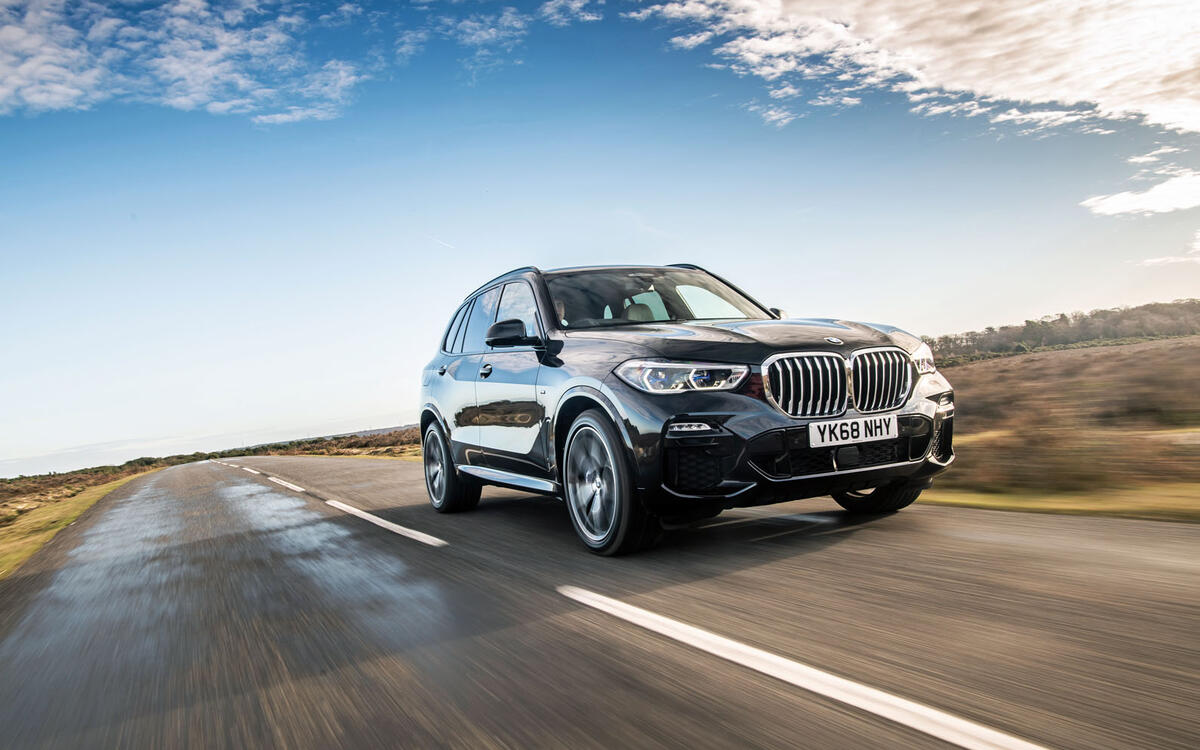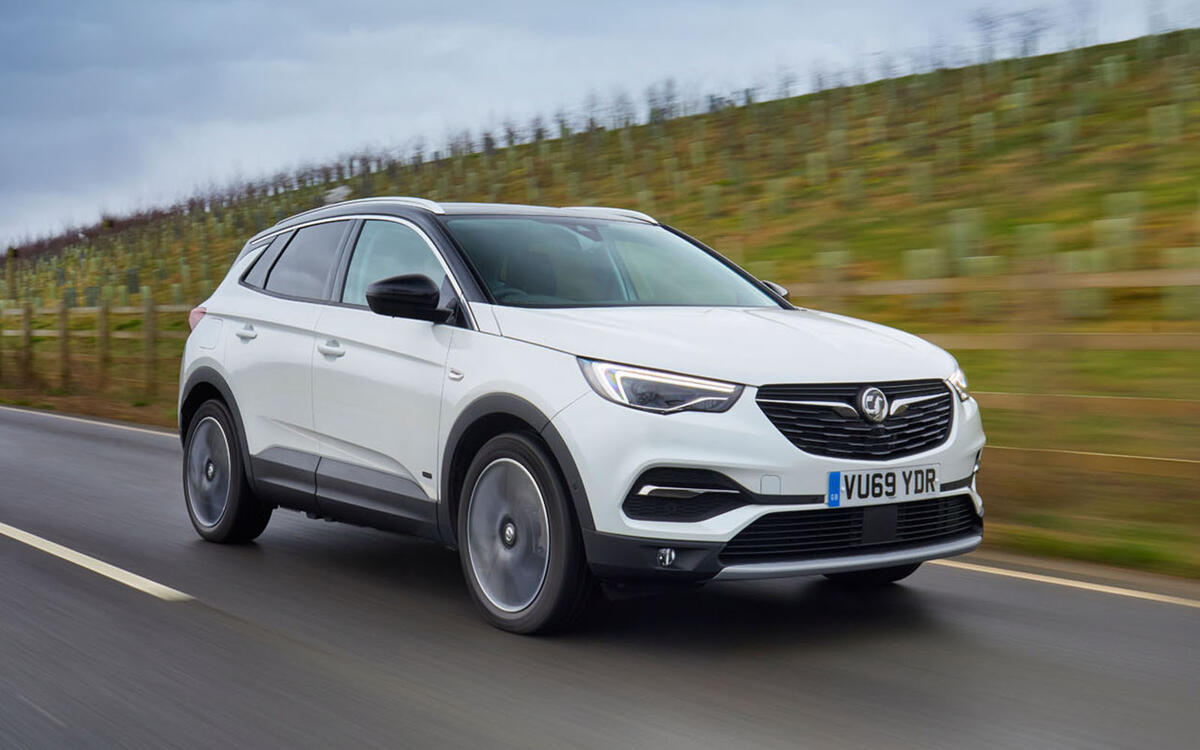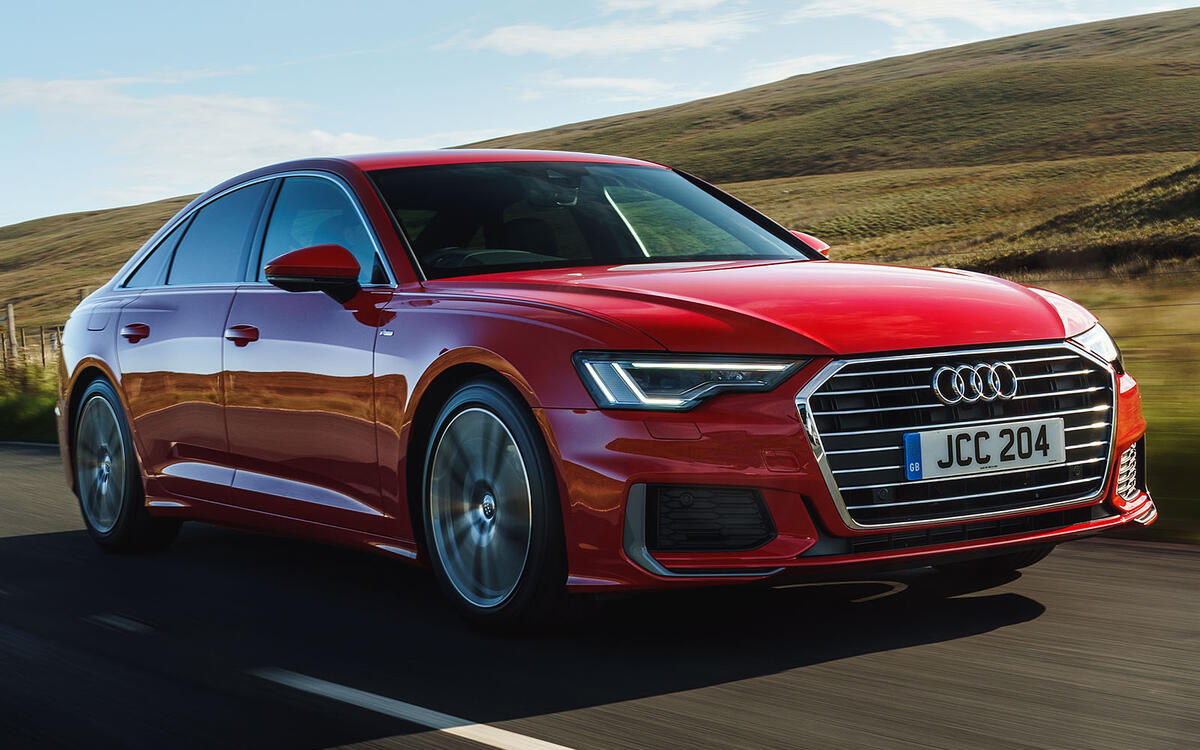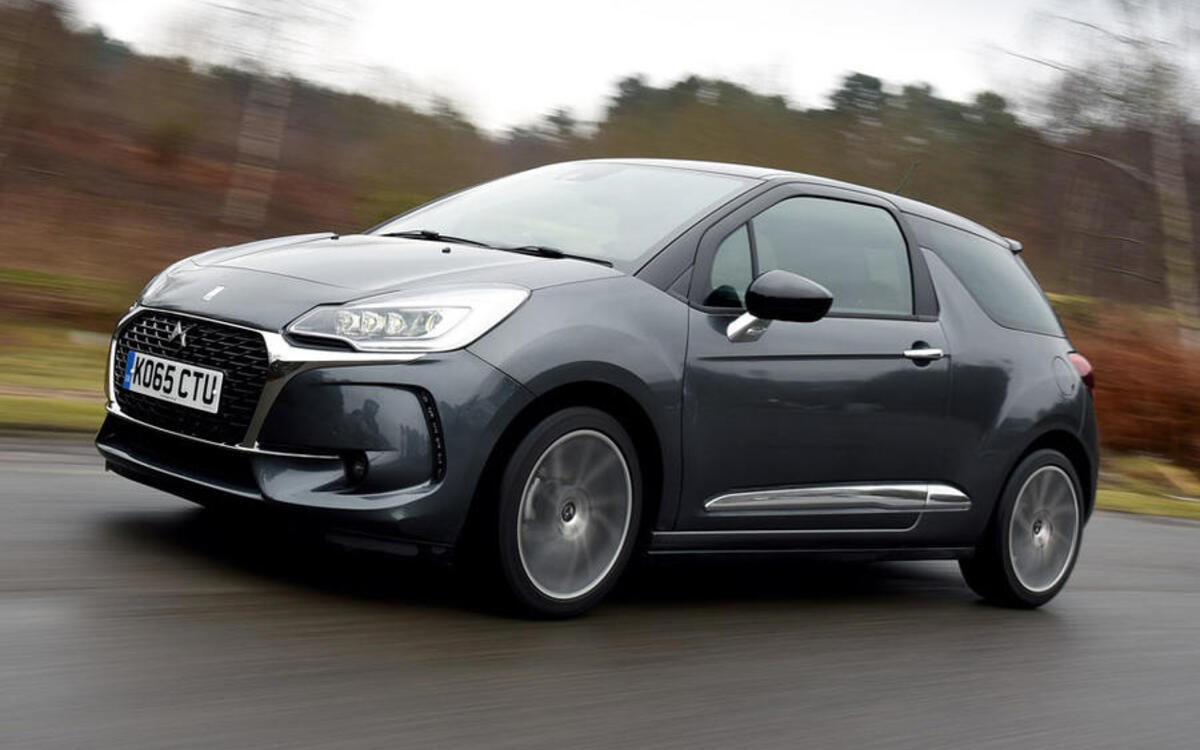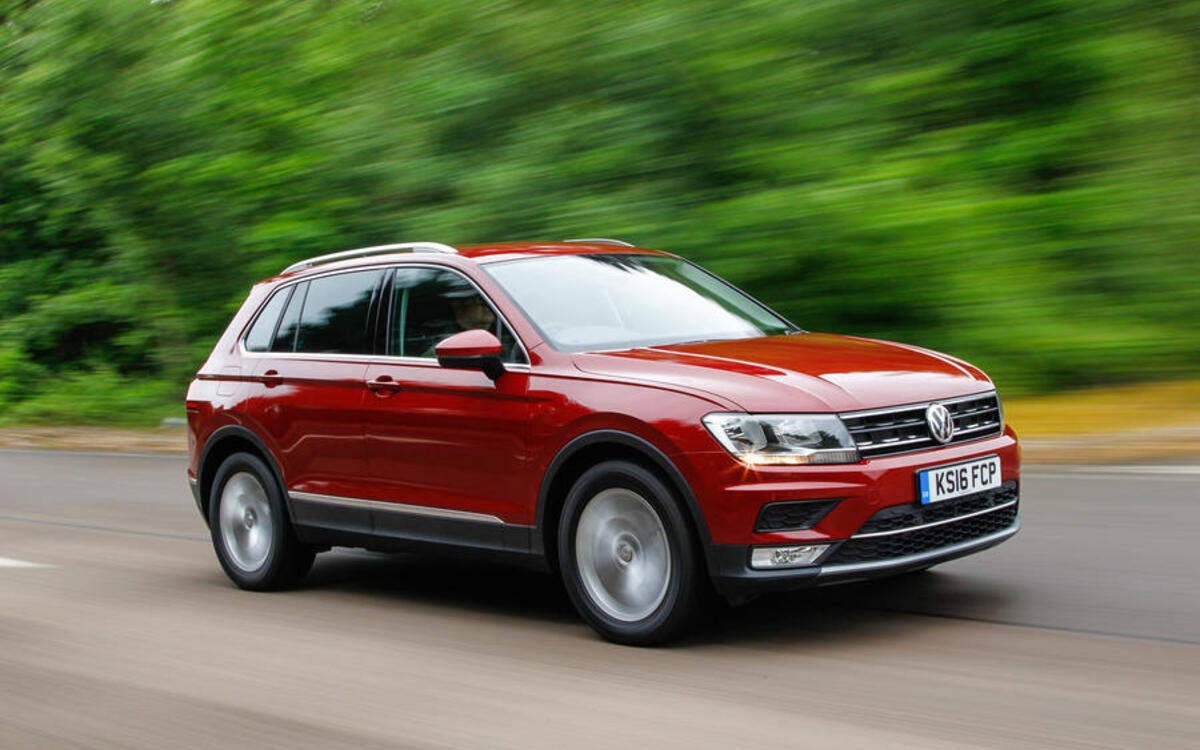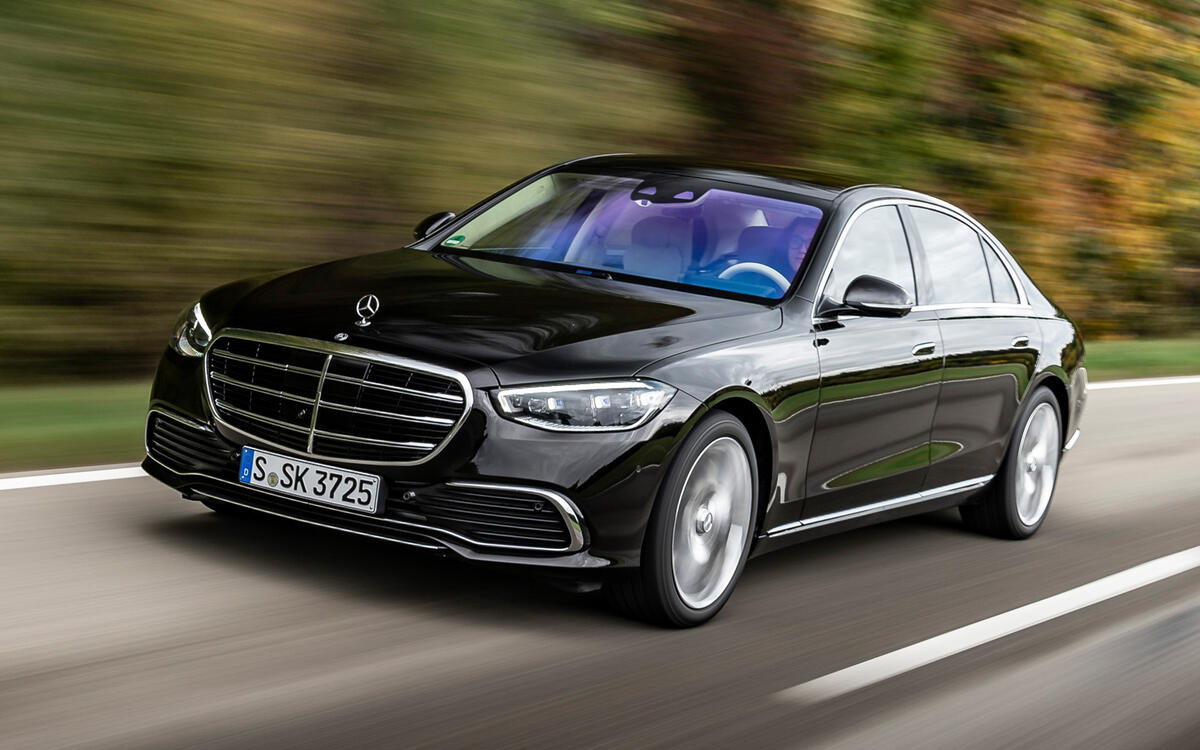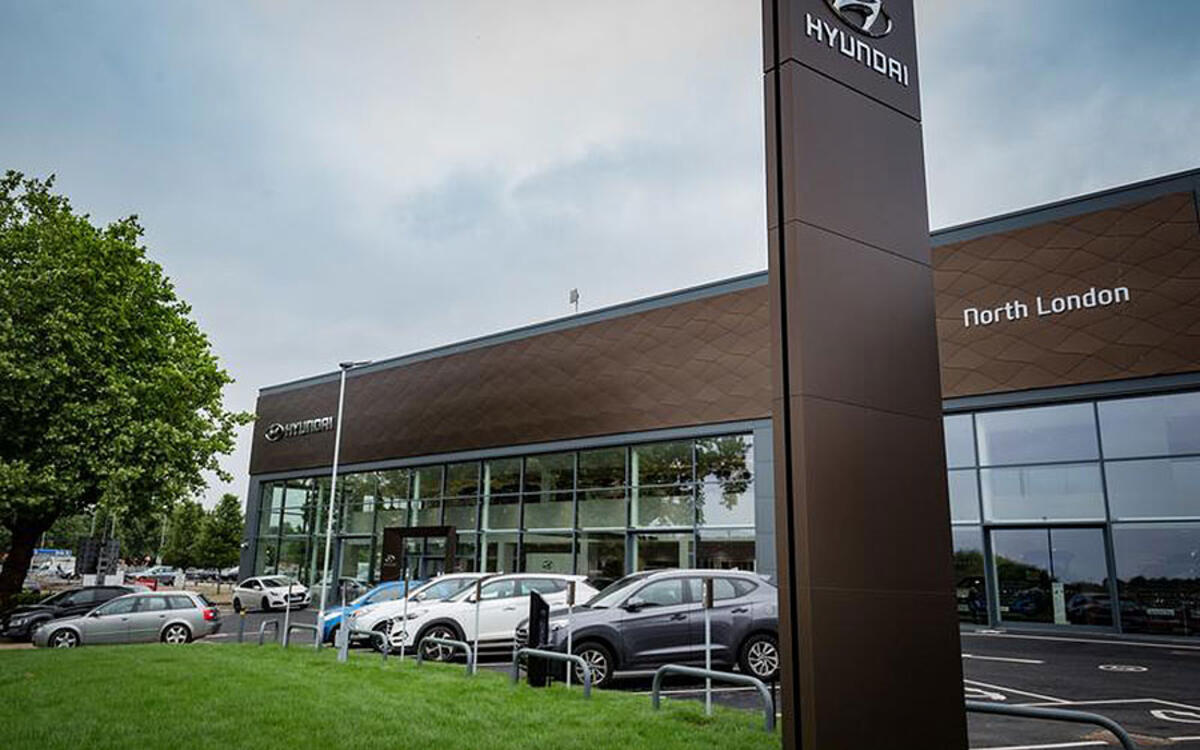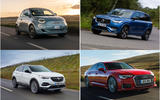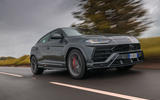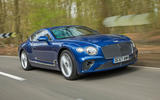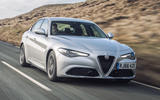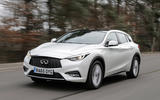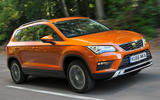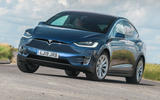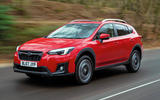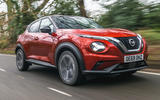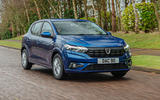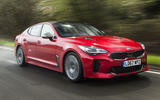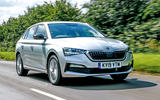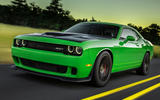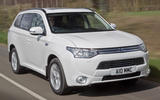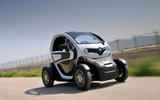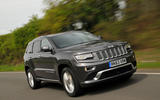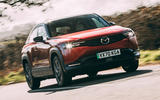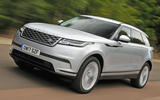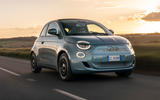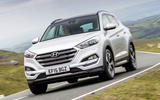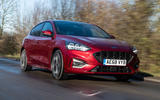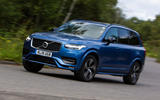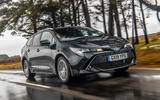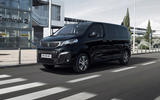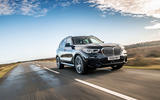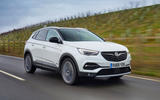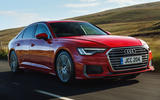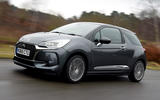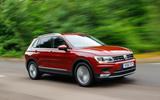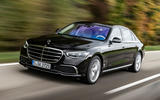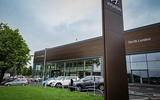 Slide of
Slide of
Cars undergo exhaustive testing.
Despite daunting development budgets, defects in cars still get revealed only after thousands of examples encounter the real world, away from the development tracks and computer simulations. The EU has an agency called the Rapid Exchange of Information System, which seeks to flag up safety risks for all products on sale in the EU, including cars. This leads to cars being recalled to have remedial work carried out, almost always at the cost of the original manufacturer, not the consumer.
The website car-recalls.eu specialises in deciphering the data from the system – and it has just compiled a list of the most recalled car brands in Europe for 2021. Now clearly the companies with larger model ranges tend to have the most recalls, so please bear that in mind when viewing the data. Looking at 30 car brands in total, we start at the brand with the fewest recalls of the 30 in 2021, and work our way up to the car brand with the most recalls in Europe over the past 12 months.
Editor’s note: Due to the extent of defects with certain models, not all affected cars have been named. Follow the link on the last slide to get a full rundown of all defects affecting all models and for how to find out about recalls affecting your car
 Slide of
Slide of
30: Lamborghini – 3 recalls from 2 models
We start at the rarefied end of the market. Lamborghini issues two recalls for its Urus super-SUV (pictured). These concerned a loose-fitting fuel pipe and a potential issue around the engine block. Meanwhile the Aventador supercar had a recall to have remedial work to prevent the bonnet coming open when driving.
 Slide of
Slide of
29: Bentley - 3 recalls from 2 models
Lambo’s sister firm also experienced two recalls affecting its SUV, in the British company’s case the Bentayga. These were about faulty ESC parameters and possible corrosion in part of the rear suspension. Meanwhile the 2018-2021 Continental GT (pictured) had a recall for faulty electric seats that could move without instruction.
 Slide of
Slide of
28: Alfa Romeo - 3 recalls from 2 models
Alfa’s three recalls affected its Giulia (pictured) and Stelvio models which are closely related: an issue around rear brake disks, a defect in the brake system software, and a fuel leak issue affecting 5798 cars built between November 2020 and May 2021.
 Slide of
Slide of
27: Infiniti – 3 recalls from 4 models
There were recalls for airbags in the QX56, a driveshaft issue in the 2010-2014 Q70, and a possible steering fault in the 2016-17 Q30 (pictured) and QX30.
 Slide of
Slide of
26: Seat – 3 recalls from 6 models
Seat’s numbers still include those of Cupra. There were recalls for the 2020-21 Ateca (pictured) and Tarracco around a brake pedal issue, for the Arona and Ibiza (instrument software), and for the Cupra Formentor and Leon (built between September 2020 to August 2021), for an issue around front seat belt anchor points.
 Slide of
Slide of
25: Tesla – 4 recalls from 3 models
Both the Model 3 and Model Y had recalls around the front suspension, brake callipers and seatbelts. Meanwhile 12,000 examples of the Model X (pictured) made between 2015 and 2016 were recalled to correct potentially loose decorative side strips.
 Slide of
Slide of
24: Subaru - 4 recalls from 3 models
600,000 Subaru XV SUVs (pictured) built between April 2017 and May 2019 were recalled due to an inadequately fixed rear stabilizer – this defect was also present in the 2017-2019 model year Subaru Impreza; both cars were also recalled to fix ignition coil failure and fuse blowouts.
The 2021 Subaru Outback was also recalled for a faulty object recognition system that could trigger automatic emergency braking erroneously.
 Slide of
Slide of
23: Nissan - 4 recalls from 3 models
56,000 Jukes built between September 2019 and August 2020 were recalled for a rear seatback issue, while 17,000 Jukes built between April and May 2019 Nissan Juke models were recalled to fix an airbag issue. There were also two recalls for the NV200 and NV400 vans.
 Slide of
Slide of
22: Dacia - 4 recalls from 3 models
There were three recalls concerning the Logan and Sandero (pictured), concerning a blocked ignition key, and a risk of the bonnet opening while driving. On Logans, the eCall system can fail. Over 20,000 Sanderos were recalled to rectify a faulty high-pressure fuel system that may cause a leak.
 Slide of
Slide of
21: Kia – 4 recalls from 4 models
Kia‘s largest recall in 2021 was for the Sportage built between October 2015 and October 2020, regarding a possible short circuit in the ABS and ESP modules, producing a possible fire risk. According to the German Motor Vehicle Authority (KBA), the recall affects 1.7 million cars worldwide; a similar defect may occur with around 15,000 2018-2019 Stingers (pictured).
 Slide of
Slide of
20: Skoda – 5 recalls from 7 models
14,097 Karoqs and Kodiaqs built in the summer of 2020 were recalled for a brake pedal issue, presumably the same problem that affected its Ateca and Tarracco sister cars, as already mentioned. 1500 Kamiqs and Scalas (pictured) built between August and September 2019 were recalled for an eCall button failure.
 Slide of
Slide of
19: Dodge – 6 recalls from 6 models
Recalls were issued for the Challenger (windscreen issue) (pictured), Charger (windscreen and reversing camera), Durango (side airbag), Grand Caravan and Nitro (badging issue), and Ram pickups (air intake and a brake issue).
 Slide of
Slide of
18: Mitsubishi - 6 recalls from 7 models
ASX, Eclipse Cross, and Outlander (pictured) models built between 2016 and 2020 were recalled for an issue in the Forward Collison Mitigation software, while the ASX and Outlander also had recalls around the parking brake. Four older models were also recalled due to their Takata airbags.
 Slide of
Slide of
17: Renault – 7 recalls from 3 models
The main Renault recalls were five for the Master van, while there were two for the Twingo and Twizy (pictured), for a bonnet issue and a speedometer issue respectively.
 Slide of
Slide of
16: Jeep - 7 recalls from 3 models
The Wrangler had five recalls for issues around its clutch plate, fuel lines defect and a brake system module software issue. Elsewhere 34,334 Grand Cherokees (pictured) built between December 2012 and January 2019, were recalled to correct possible cracks in the EGR cooler.
 Slide of
Slide of
15: Mazda – 8 recalls from 8 models
250,000 older Mazda3s were recalled for a steering wheel cover issue, while newer 3s needed a recall for an issue around the rear-hatch controls and smart braking system – a problem shared with the CX-30. The electric MX-30 (pictured) also had two recalls in 2021.
 Slide of
Slide of
14: Land Rover – 10 recalls from 4 models
10,000 Discoverys built between November 2019 and March 2021 were recalled for a starter battery ground stud issue. 3500 Defenders built between December 2020 and April 2021 were recalled for a front seat anchor issue.
Land Rover also recalled the Discovery Sport, Range Rover Evoque and Range Rover Velar (pictured) for a possible bend and breakage of the fuel return pipe with the risk of fuel leaking into the engine compartment.
 Slide of
Slide of
13: Fiat – 10 recalls from 5 models
Fiat’s most recalled model was the 500 in both conventional and electric forms (pictured); the largest recall was for 13,000 500s for an axle shafts issue, and also for issues around brakes and steering. 50,000 Ducato vans were recalled for wheel axle and brake line issues.
 Slide of
Slide of
12: Hyundai – 10 recalls from 10 models
Four recalls involved either previous or current generations of the Tucson (pictured), for issues concerning ABS, brakes, and airbag systems. The eCall system was the subject of a recall for the Santa Fe, while Electric Kona and Ioniqs were recalled due to a possible short circuit in the lithium-ion battery. Several older Hyundais were also recalled for a fire risk caused by the compressor in the tyre repair kit.
 Slide of
Slide of
11: Ford – 11 recalls from 11 models
There were four recalls for the Focus (pictured), concerning the 48-volt battery, the TCU unit, mild hybrid system, and engine wiring harness. 200,000 Galaxy and S-Maxs were recalled for rear axle issues, and 40,000 Mustangs were recalled for a brake pedal issue.
 Slide of
Slide of
10: Volvo – 12 recalls from 13 models
330,000 Volvos from across its range were recalled for a variety of issues including the fuel pump, and diesel engines in the XC60 and XC90 (pictured).
 Slide of
Slide of
9: Toyota – 12 recalls from 13 models
300,000 Auris, Corolla (pictured) and C-HRs built between 2017 and 2021 were recalled for a fuel pump issue, which can cause leaks. 122,00 diesel Auris, Avensis, RAV4 and Versos were recalled for a possible internal leak in the exhaust gas recirculation cooler.
 Slide of
Slide of
8: Porsche 13 recalls from 8 models
There were four recalls for the Boxster (pictured) and Cayman, for issues around the chassis and the engine. The Cayenne was recalled for emission limit issues concerning 12,861 cars equipped with the 4.2-litre V8 Euro 5 diesel engines built between 2012 and 2017, and 7000 cars from 2015 to 2017 with the same engine but with Euro 6 emissions standards.
The Taycan EV had three recalls, all for chassis issues.
 Slide of
Slide of
7: Peugeot – 7 recalls from 15 models
The Traveller MPV (pictured) had five recalls, and four for the Expert, both for premature wear of timing belts. 3500 3008s and 5008s built from 2016 to 2020 may have an issue around a poorly welded towbar. 10,000 Partner/Rifter and 508s were recalled for possible fuel leaks.
 Slide of
Slide of
6: BMW – 17 recalls from 17 models
There were five recalls for various X5s (pictured), and for equivalent X6s. BMW also recalled a relatively large number of older models, particularly the 3 Series, either because of their Takata airbags or for a fire risk. Nine different models were affected by a recall due to a possible fault in the hydraulic unit of the braking system.
 Slide of
Slide of
5: Vauxhall/Opel – 19 recalls from 11 models
The Grandland was recalled seven times in 2021, two concerning a possible fault in the towbar, and the others related to the powertrain or chassis. Four recalls were issued for the Corsa, around issues with the suspension, airbags and incorrect wheel sizes.
6000 Insignias built between February and April 2021 were recalled for a brake pedal issue.
 Slide of
Slide of
4: Audi – 19 recalls from 17 models
Most Audi recalls concerned the A6 saloon, though other models were affected by a series of issues around airbags, the rear axle, tow bar, and control software on larger diesel engines. The Q2 and Q3 were recalled for a brake pedal issue, while there were four recalls for the e-Tron EV SUV.
 Slide of
Slide of
3: Citroen – 21 recalls from 18 models
This section also covers DS models (DS3 pictured); the largest recall for this brand was over possible timing belt wear and subsequent damage to the vacuum pump and brake booster on its 1.2-litre turbocharged three-cylinder petrol engines. There were also problems with, for example, wheel or towbar mounting.
 Slide of
Slide of
2: Volkswagen – 25 recalls from 15 models
25,000 Tiguans (pictured) built between 2015 and 2019 were recalled for an issue around the rear spoiler, which can become detached. 32,000 Tiguans from roughly the same time period may have a defective locking pin in the towbar swivel mechanism that could break while driving.
There was also a brake pedal footplate affecting the Tiguan, VW Golf (Mk8), Golf (Mk7), e-Golf, Touran, Golf Sportsvan and T-Roc. Volkswagen also recalled nearly 239,000 T6.1 vans due to water ingress into the doors. Recalls were also issued for the ID.3 and ID.4 models.
 Slide of
Slide of
1: Mercedes-Benz – 67 recalls from 21 models
Nine recalls were issued for Mercedes’ flagship S-Class, including seven for the latest generation model that went on sale in 2020 (pictured). There were also several recalls for the GLC-class, C-class and A-class.
 Slide of
Slide of
How do I find out if my car is affected by a recall that I’m not aware of?
UK car owners can easily find out by visiting this DVLA website and entering their car registration number. It will also reveal the car’s current MOT status: https://www.check-mot.service.gov.uk/
If you believe there has been a recall but your car has not had the remedial work done, then you should contact a main franchised dealer for your car’s make in your locality for further assistance. Such work is normally carried out free of charge, although your car may be off the road for a time and a courtesy car is not always offered.
However, it’s very important that the work is done as soon as possible because your safety may be at stake. Additionally, your car may prove hard to sell on if recall work has not been done. Non-UK drivers can check their car’s recall status by sending their car’s unique VIN number to a local franchised dealer.
You can see the full table from car-recalls.eu here
Autocar analyses the data from the EU's Rapid Exchange of Information Systems detailing all the continent's recalls in 2021
Advertisement


